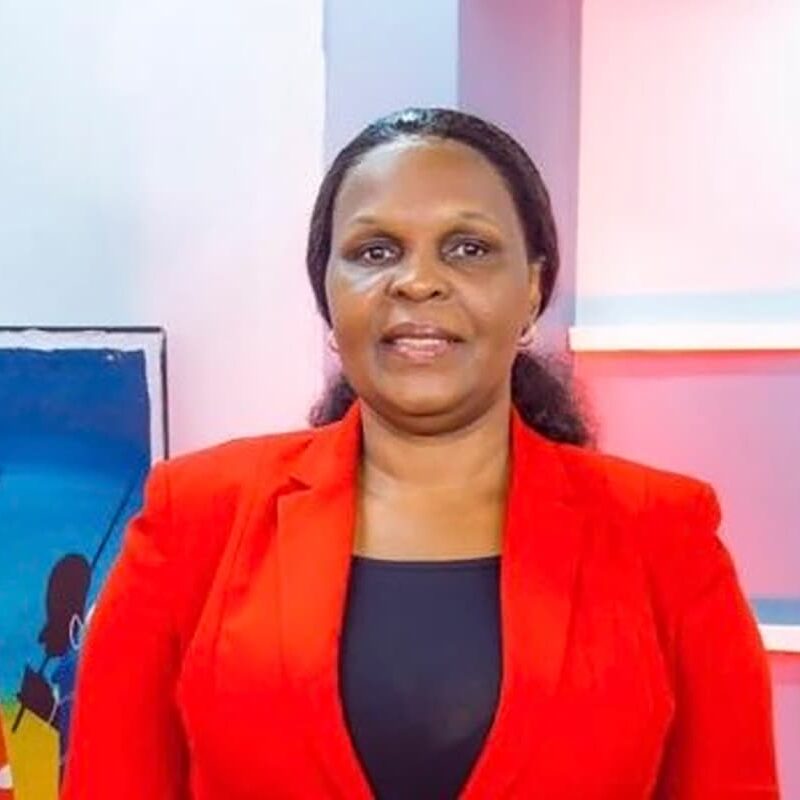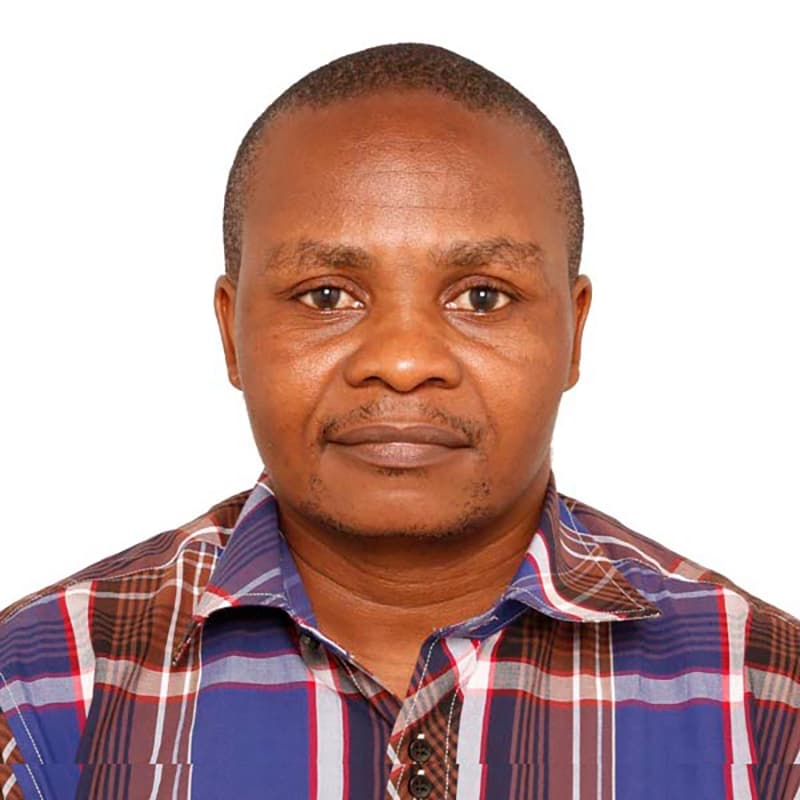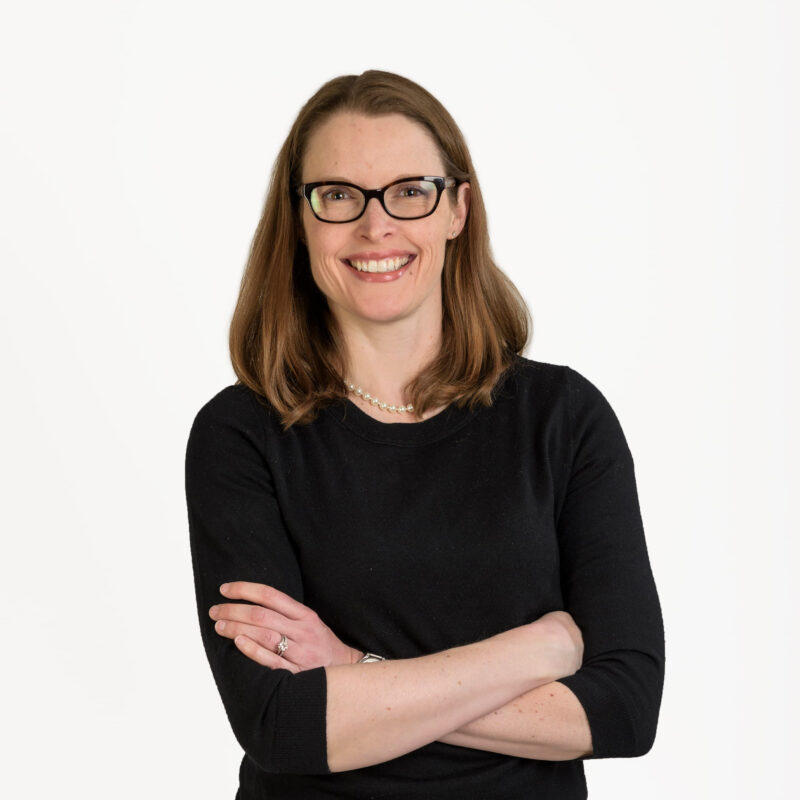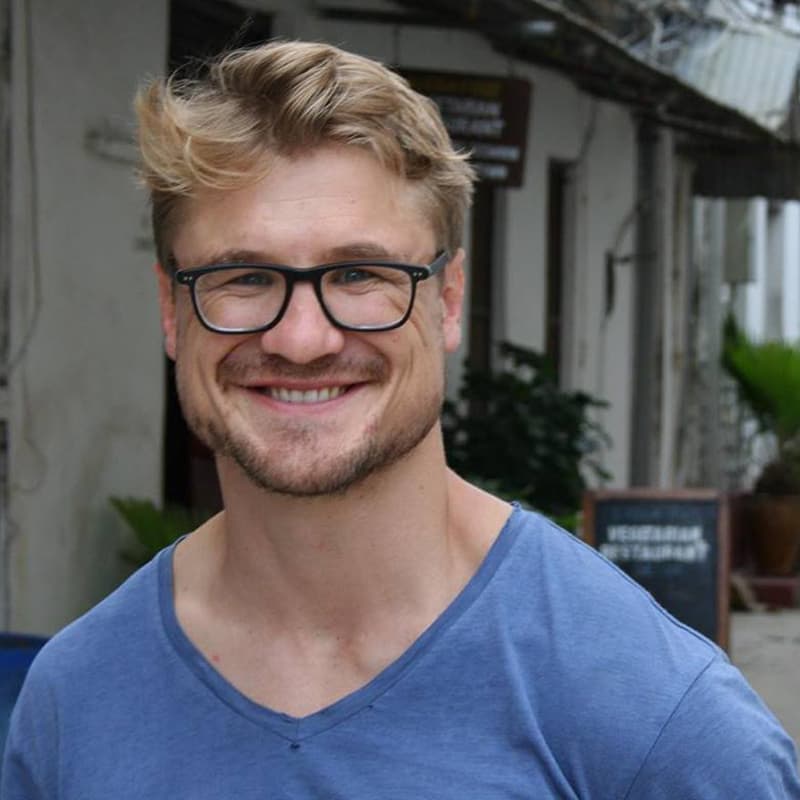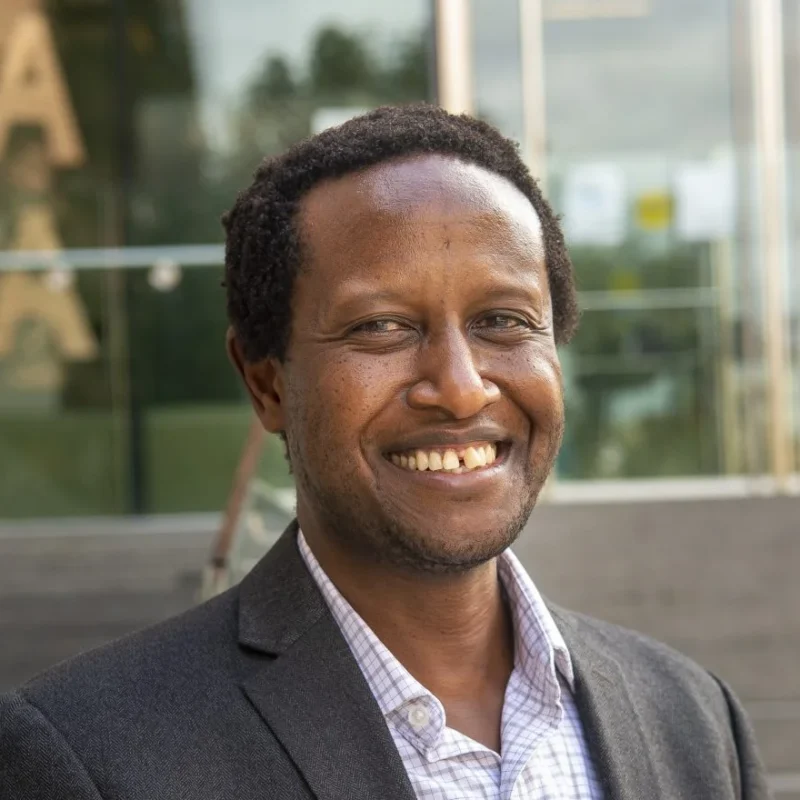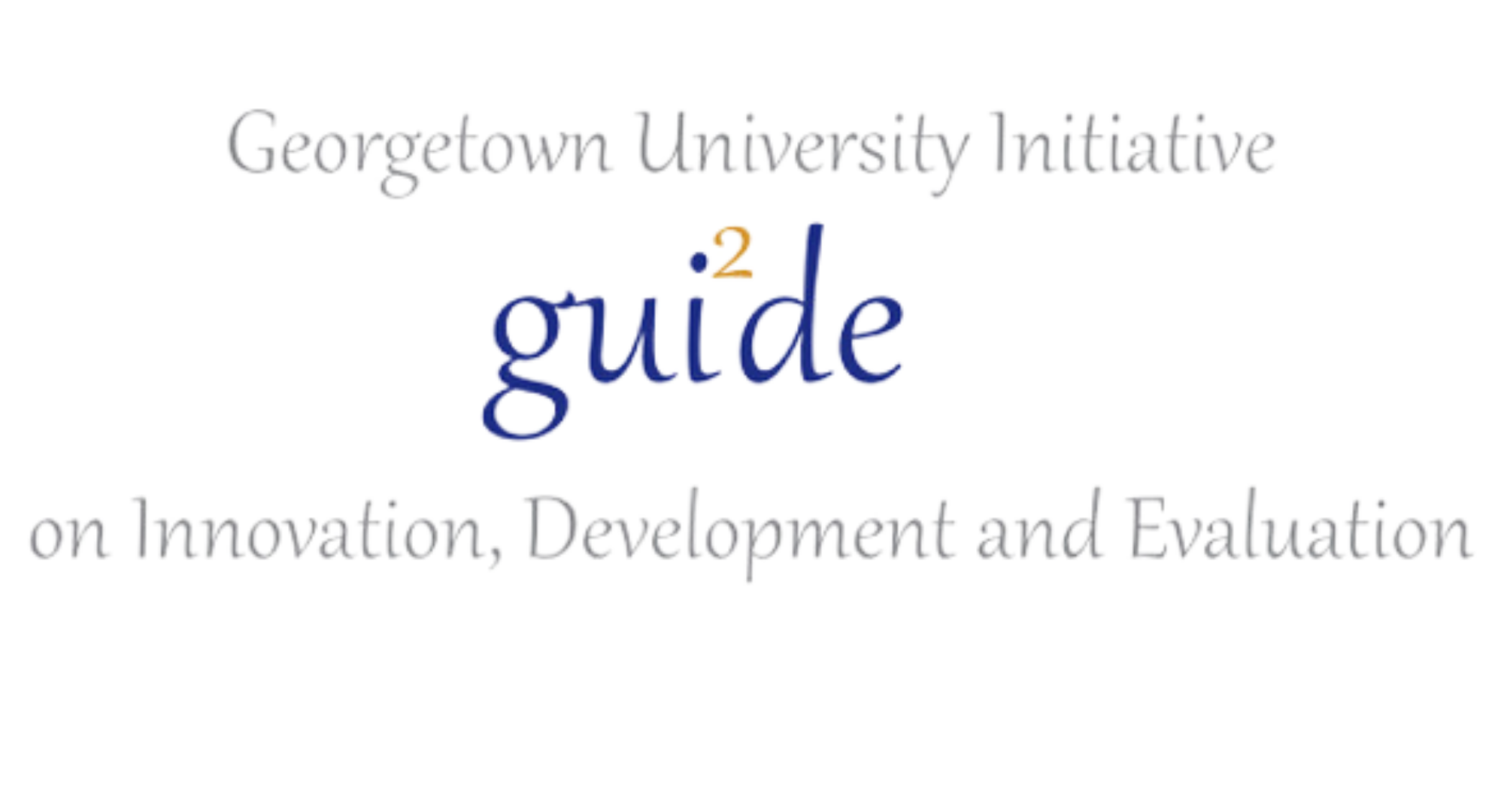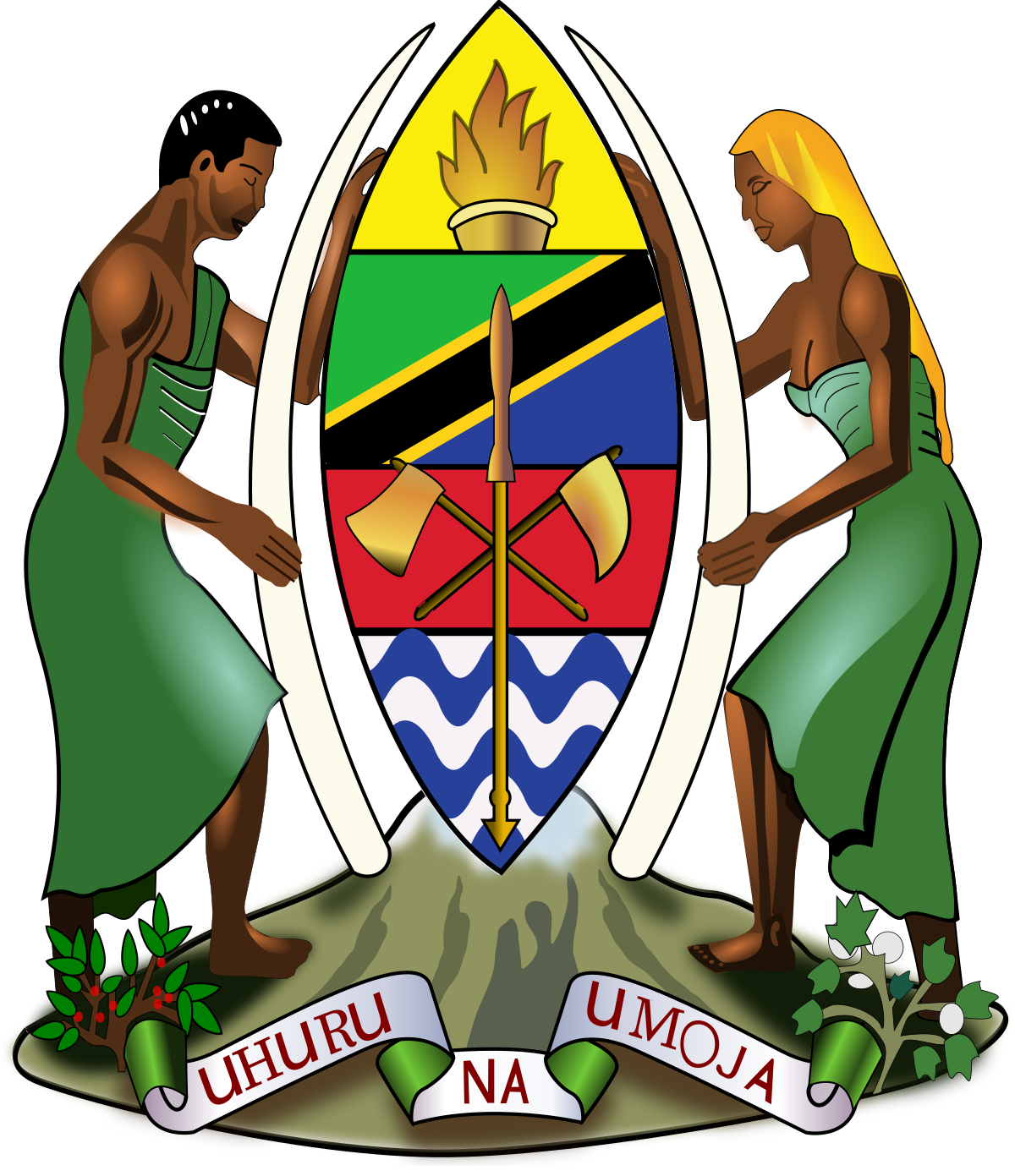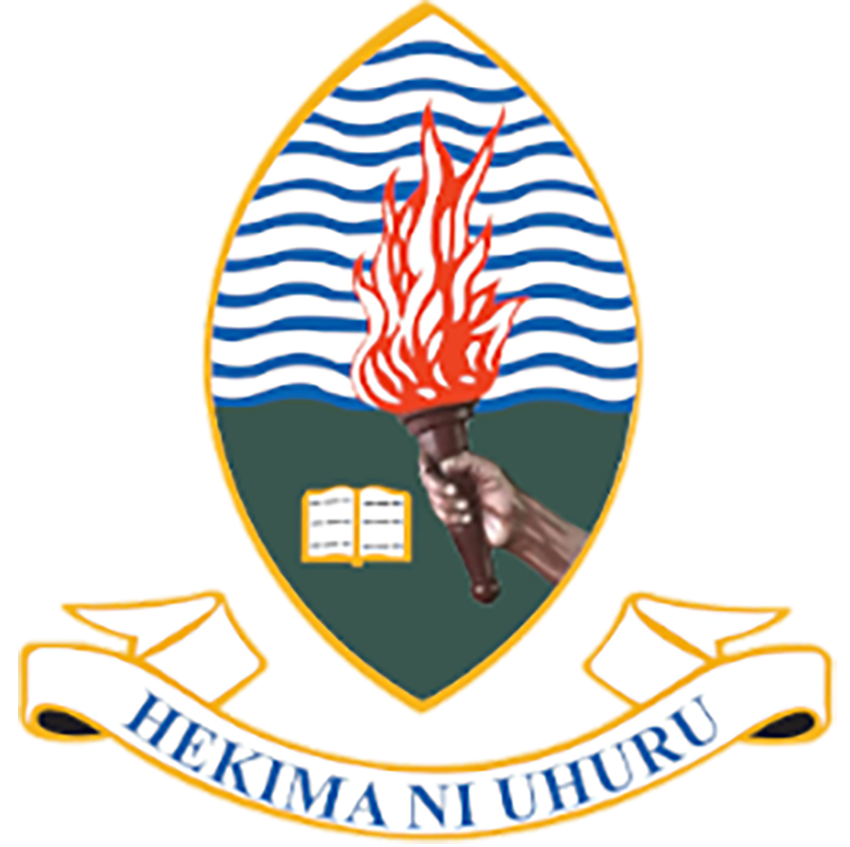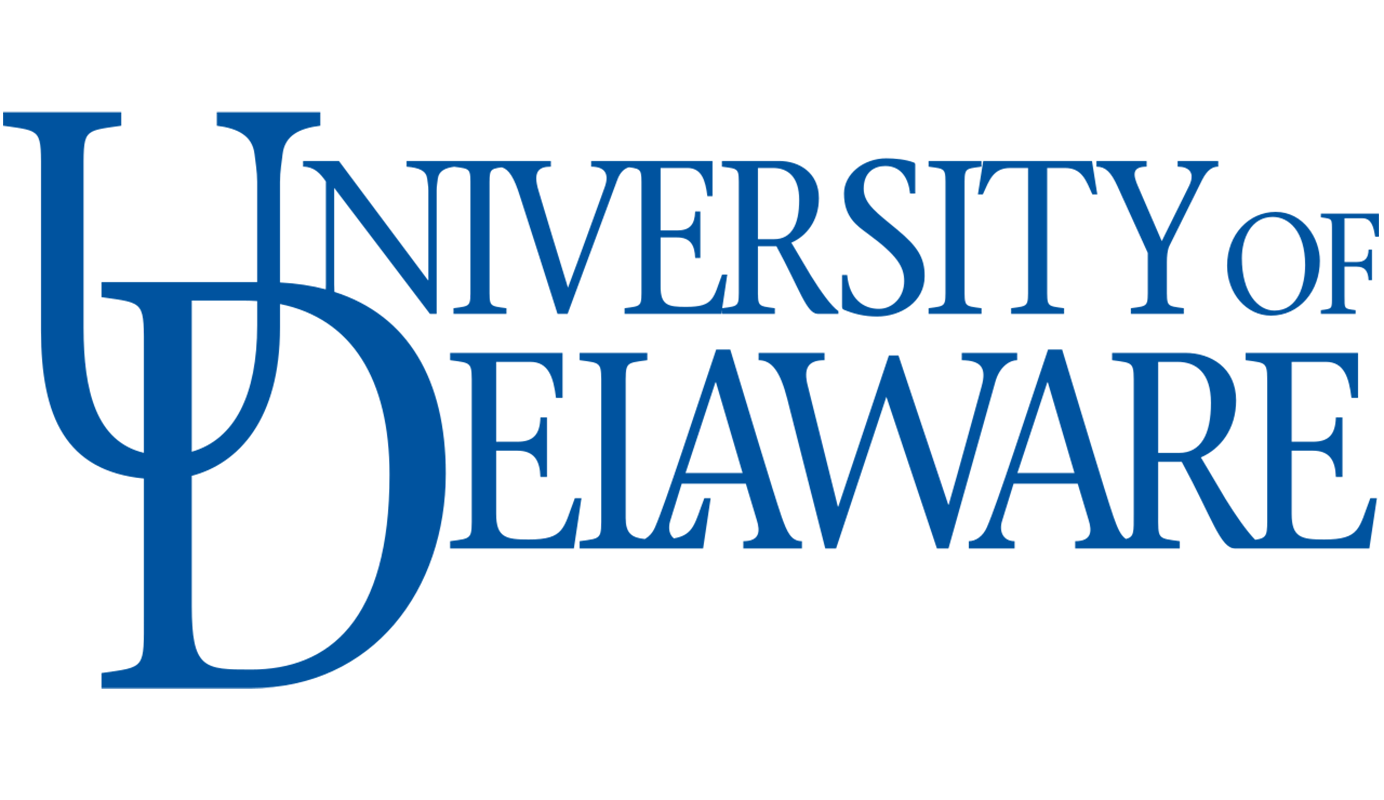Enhancing effectiveness of teacher continuous professional development activities in Tanzania
Project overview
Foundational learning levels in Tanzania are low. To tackle this problem, Tanzania is currently rolling out a new curriculum targeting more effective student-centred learning. This curriculum reform entails considerable shifts in content and pedagogy, so Tanzania is also providing training through an electronic learning management system.
Tanzania’s new curriculum and electronic training materials go hand in hand with a new teacher continuous professional development programme to train teachers on the new subject matter. Moreover, teacher effectiveness in Tanzania has been described as a contributing factor to low learning levels, so teacher professional development may be essential for the new curriculum to succeed.
The What Works Hub for Global Education team will study the implementation of this new national teacher continuous professional development policy, including the implementation of school- and cluster-based training sessions which target both the new curriculum as well as other areas identified by teachers. In both studies, the team will leverage research designs that generate a rich description of implementation and identify potential innovations to improve implementation fidelity.
To accomplish both studies, the team will establish a Tanzania Institute of Education Lab (TIE-EdLab), which will deploy mixed methods research. It is hoped the project will scale up to reach 3,500 teachers and 210,000 primary school students.
Fast facts
Principal Investigators: Aneth Komba, Richard Shukia, Adrienne Lucas, Jacobus Cilliers, James Habyarimana
Time period: 2023–28
Host and partner institutions: Georgetown University, Tanzania Institute of Education, University of Dar es Salaam – College of Education, University of Delaware
